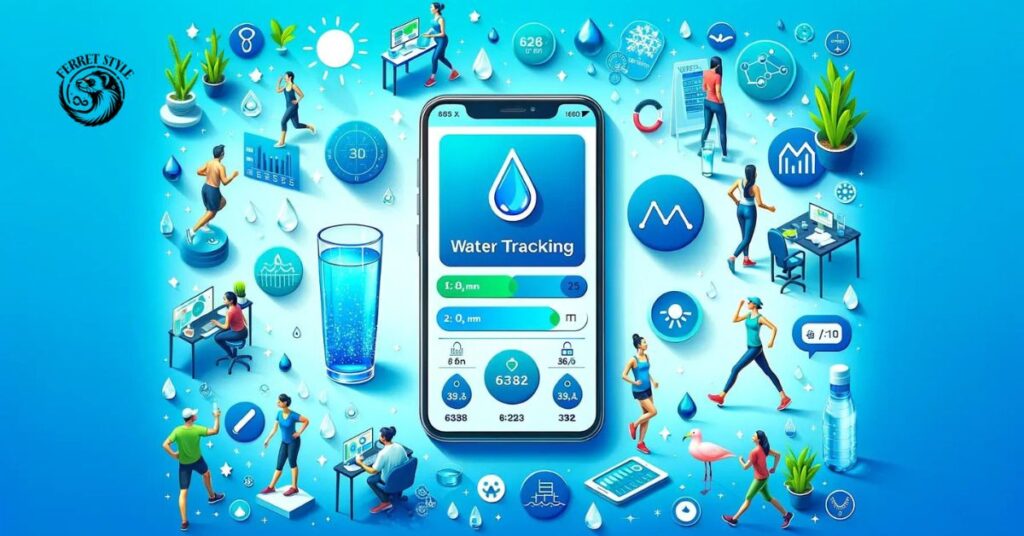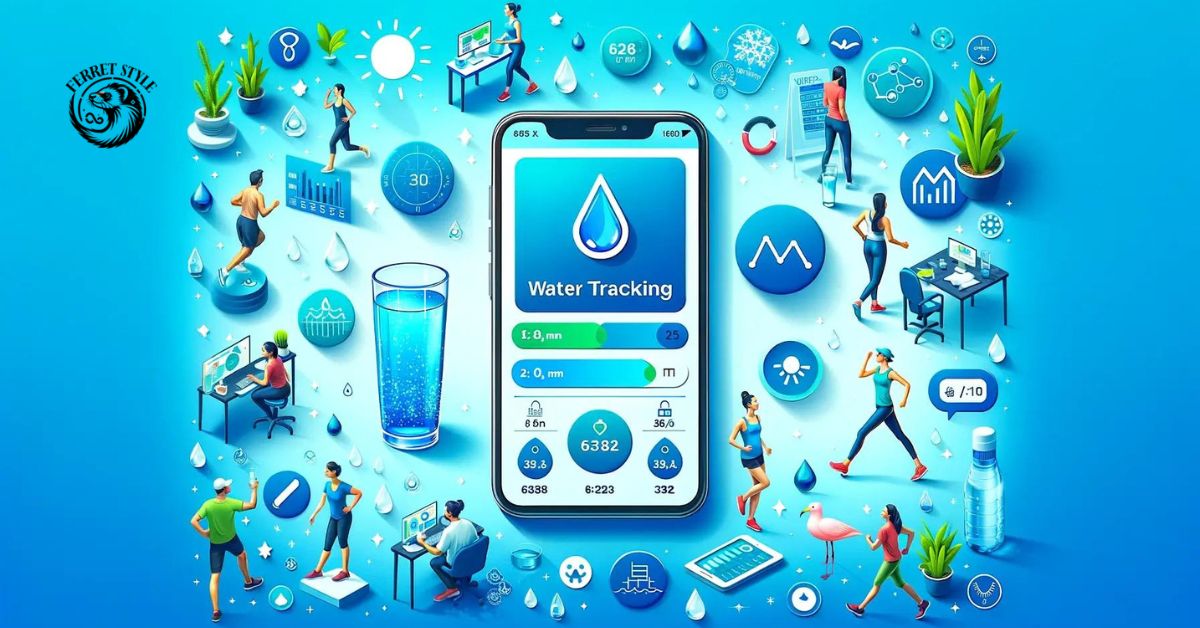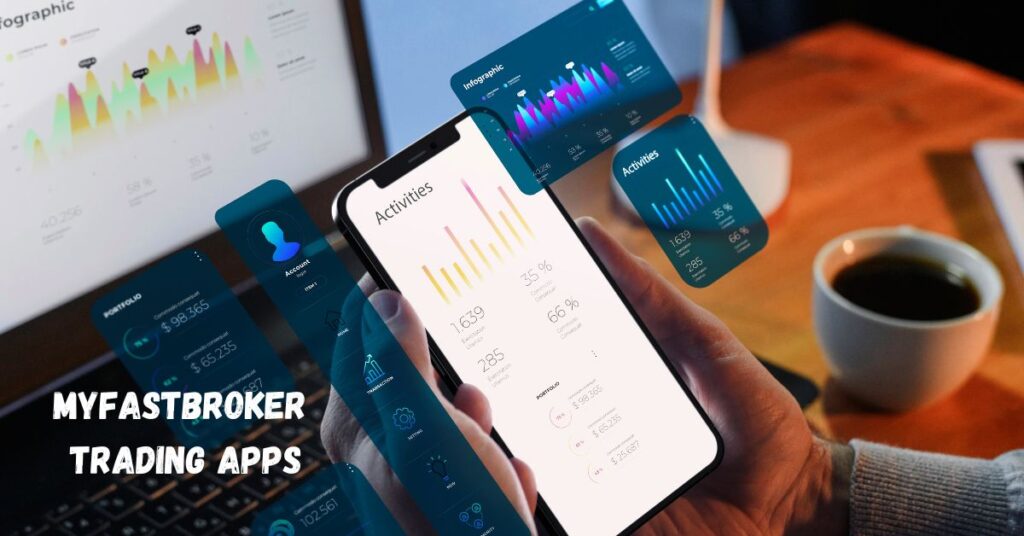
With the rise of technology, health monitoring apps have made it easier to monitor daily water intake and improve hydration habits. These apps offer personalized features that help users stay hydrated, understand their body’s needs, and maintain overall well-being. This article explores the top five benefits of using health monitoring apps to track hydration levels.
Personalized Hydration Goals Based on Individual Needs
One of the main advantages of using a health and wellness app is the ability to set personalized hydration goals. These apps consider various factors such as age, weight, activity level, and climate to determine how much water an individual should drink daily. The apps provide a more accurate daily water intake goal by calculating these needs.
This personalized approach helps users better understand their body’s hydration requirements. Instead of following general guidelines, users can tailor their water intake to suit their lifestyle. This customization is especially helpful for athletes, pregnant women, and those living in hot climates, where hydration needs may be higher.
Easy Tracking and Reminders for Consistent Hydration
Health monitoring apps offer easy tracking features that allow users to log their water intake with just a few taps. This convenience makes it simpler for users to track how much water they consume throughout the day. The apps often display the logged data in a visual format, such as graphs or charts, which helps users see their progress over time.
These apps help prevent dehydration-related problems such as headaches, fatigue, and dizziness by ensuring consistent hydration. The reminders and tracking features work together to promote a healthy hydration routine, making it easier to stay on top of daily water intake.
Promoting Better Health Habits and Lifestyle Changes
Another significant benefit of health monitoring apps is their ability to promote better health habits and encourage positive lifestyle changes. These apps often include additional features such as tracking food intake, physical activity, and sleep patterns. By integrating hydration tracking with other wellness aspects, users get a comprehensive view of their overall health.
For instance, some apps suggest drinking water before meals to aid digestion or consuming more water after exercise to replenish fluids lost through sweat. The apps guide users toward healthier habits beyond just drinking water by providing these tips.
Understanding the Link Between Hydration and Health Metrics
Many apps allow users to log symptoms or feelings, such as fatigue or headaches, and correlate them with their hydration levels. This feature provides insights into how staying hydrated impacts overall health.
By seeing the direct connection between hydration and daily well-being, users are more likely to prioritize drinking water. This understanding can be especially beneficial for those who experience frequent dehydration symptoms but not realize the root cause.
Encouraging Accountability and Community Support
Lastly, health monitoring apps often include features that encourage accountability and community support. Some apps allow users to connect with friends or join groups to share their progress and challenges related to hydration. This social aspect helps keep users motivated and accountable for their hydration goals.
The community support provided by these apps can also offer encouragement and advice. Sharing tips, experiences, and motivation within a group can help users stay on track and achieve their hydration and wellness goals.
Using health monitoring apps simplifies the process of staying hydrated. It is easier for users to understand their body’s needs and make positive lifestyle changes. Individuals can take proactive steps toward maintaining optimal hydration and overall well-being by leveraging technology.



